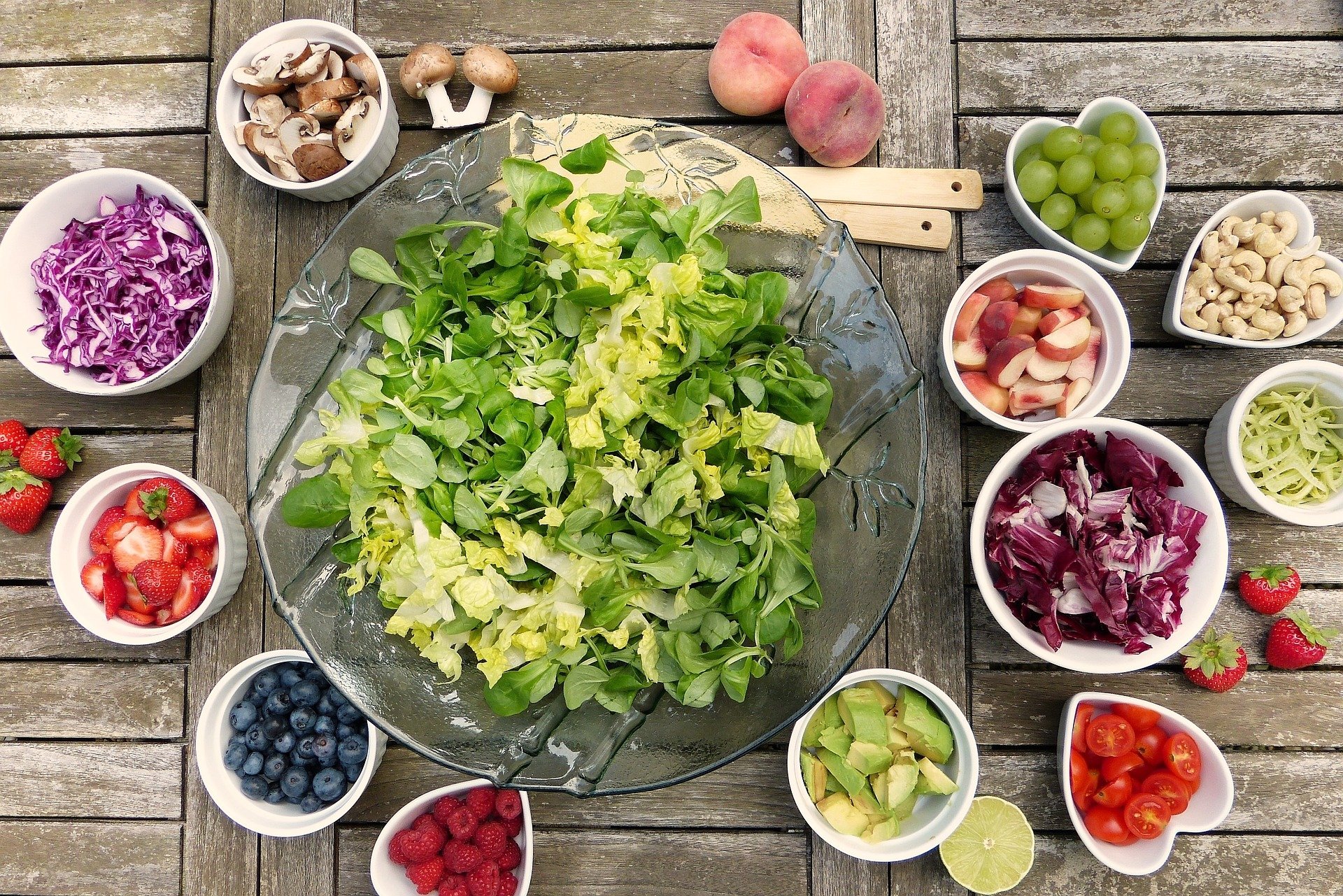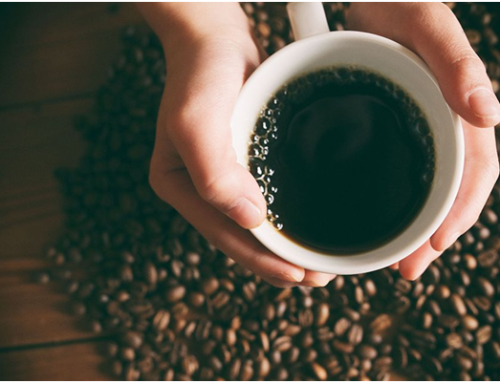The human brain is the most vital part of the human body. It controls all essential information needed for health, like understanding pain levels and managing blood pressure while also secreting hormones. They help regulate how we respond to neurological activity- everything from balance to bodily function relies on this one small organ.
We all know that healthy food can make you look and feel your best. But did you also realize these are some of the best food for good mental health? Some of them are:
1. Fatty Fish
Even though it is not fully understood how fish consumption leads to less depression, many studies show this link. The discovery of omega-3 fatty acids in some types of oily seafood like salmon and mackerel has prevented mental illnesses such as bipolar disorder or major depressive disorders. The discovery of fish oils curing emotional disorders prompted experts worldwide to be interested in how these nutrients could help cure diseases like Alzheimer’s.
Fish oils are the perfect source for a healthy brain. They contain an abundance of omega-3 fatty acids, which have been shown to improve inflammation and cell membrane fluidity to make sure that our neurons communicate with one another successfully.
2. Coffee
Coffee is undoubtedly one of the most effective mood-elevators due to its high antioxidant level. It can help you pick a fight with depression, making people happier and more relaxed.
Coffee is more than a Beverage. It’s an extension of your personality. The way you drink coffee can affect strength and longevity. Its effects on health and memory function work together perfectly to help recall knowledge effortlessly. With its ability to improve cognitive function, coffee is an excellent option for people of all ages. Whether you’re a student who needs some caffeine to stay informed or an entrepreneur with ambitions that need potency-boosting inspiration, this much-loved beverage has got your back.
3. Blueberry
Blueberries are a healthy and nutritious fruit that can help to keep our bodies from aging. They contain antioxidants, which assist in preventing disease by fighting off free radicals on the surface of your cells- protecting you from illness. It’s also been shown as an effective brain booster or memory enhancer. A study conducted by Drs Pfeiffer & Asendorpf found evidence supporting the theory that a particular antioxidant present in these fruits helps protect cells against damage caused by free radicals, which can lead to disease or age-related health issues.
4. Turmeric
While the current research shows that a bioactive curcumin molecule found in turmeric is connected to enhanced brain health and memory retention, previous studies have also demonstrated this connection.
There are many reasons to add turmeric and curcumin supplements into your diet, but one of the most interesting is that it can help with depression. A unique property about this spice or pigment for those who consume too much could be its ability to improve moods in particular people suffering from mental illnesses such as major depressive disorder.
5. Chocolates
In a world full of so many gifting options, chocolate remains the best gift you can give. The taste is universal and never goes out of fashion while its gentle nature makes it loved by all people throughout time–for as long as we know what love means! With the global popularity of chocolate, it’s no wonder that this versatile ingredient is found in so many different forms. From cakes and cookies to mousse brownies or ice cream — there isn’t an edible food item out on store shelves these days, which are usually made using baking powder.
If you’re feeling stressed, try some dark chocolate. The rich and creamy taste will make your mood better! It contains anandamide similar to the chemical in cannabis that helps reduce stress hormones levels; plus, it has serotonin – crucial for having great times with friends and loved ones.
6. Green Tea
Caffeine is an excellent natural brain-boosting substance found in many plants, including green tea. Adenosine tells our bodies whether we should be sleeping or awake by changing how much caffeine will keep us alert and cognitively sharp. Without blocking this chemical messenger, your sleep cycle may become disrupted, which could cause permanent damage to mental health over time. It’s one of the primary components of green tea, and people need caffeine to stay alert because blocking those messages prevents them from feeling sleepy.
The caffeine in coffee may boost your ability to think clearly, while L-theanine can help you relax and reduce stress.
The studies show benefits for mood enhancement through relaxation properties of this natural amino acid and cognitive performance when drinking caffeinated beverages like green tea.
7. Yogurt
A recent study found that people with anxiety could improve their symptoms by eating more yogurt and enhancing the quality of their diet.
What are the benefits of a probiotic and non-probiotic diet?
Some individuals with anxiety symptoms may find that they can manage their gut microbes by eating foods rich in beneficial bacteria. One type, known as Probiotics, help balance intestinal population levels. It is possible to reduce worry or tension throughout your day. The tasty supplement helps balance your intestinal population by aiding digestion while also promoting healthy skin & hair growth.
Many researchers have discovered that the billions of microbes found in your stomach, collectively referred to as “the gut microbiota,” contribute to overall health by way of the ‘theGut-brain axis.’
8. Whole Grains
Whole grains are a fantastic way to get your tryptophan, the amino acid that helps produce serotonin and melatonin. However, many commercial products today lack any complete grain content at all! It’s unfortunate because these nutrients can help improve moods and sleep cycles. Tryptophan is an amino acid that a human body produces and needs for healthy brain function. Foods rich in tryptophan have been shown to help prevent depression and regulate the amount of sleep to enhance mental well-being.
9. Avocado
Avocados are monounsaturated fat, which can help lower blood pressure and boost blood flow. These two aspects are joined with the fact that it’s high in nutrients such as vitamin E to protect against cognitive loss-associated disorders like Alzheimer’s disease or dementia symptoms. Avocados can protect against cognitive loss since it reduces insulin resistance (a risk factor for Alzheimer’s). Evidence suggests that consuming avocado toast could help prevent type 2 diabetes or reduce its symptoms when used alongside other healthy habits such as exercising daily.
There are a lot of proofs that point to the fantastic health benefits of avocados. They’re high in folate, which can help reduce brain tangles associated with Alzheimer’s disease. Potassium abundant within this fruit helps blood pressure and protects our brains cells from damage due to oleic acid content and omega-3s for protection against aging effects such as mental confusion or dementia.
10. Olive Oil
Olive oil is the most well-known cooking oil because it contains both polyunsaturated and monounsaturated fatty acids, related to a lower risk for cognitive decline. Such considerations have to be kept in mind if you’re using olive oils within your diet, though more research is bound to happen before we can make any assumptions.
Conclusion
We all know the importance of maintaining brain health. To display love and care towards loved ones, send them a Get Well Soon Card or give some advice on what they should eat to better their mental well-being. Processed food items are unhealthy, but they have the most significant impact on society. At the same time, food with many wheat and sugar ingredients will make you feel hungry again soon after eating them. However, nutrient-rich fruits/vegetables help teach our brains to want nothing more of this type until later in life when we need energy or nourishment from something else.




